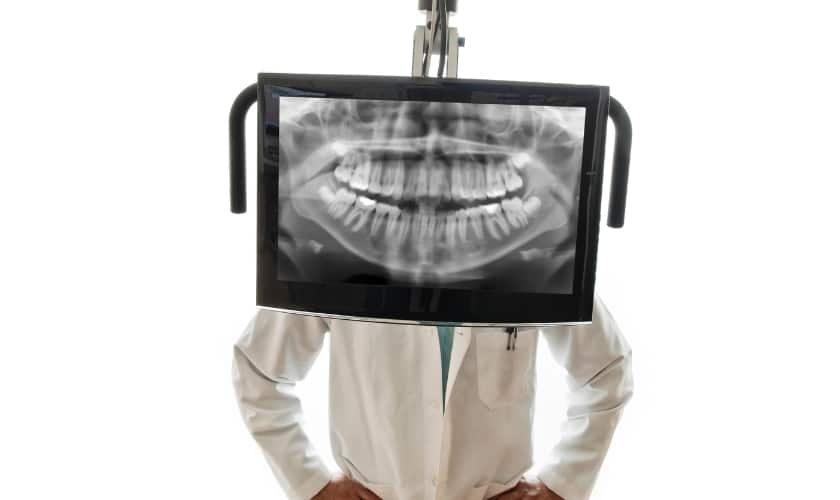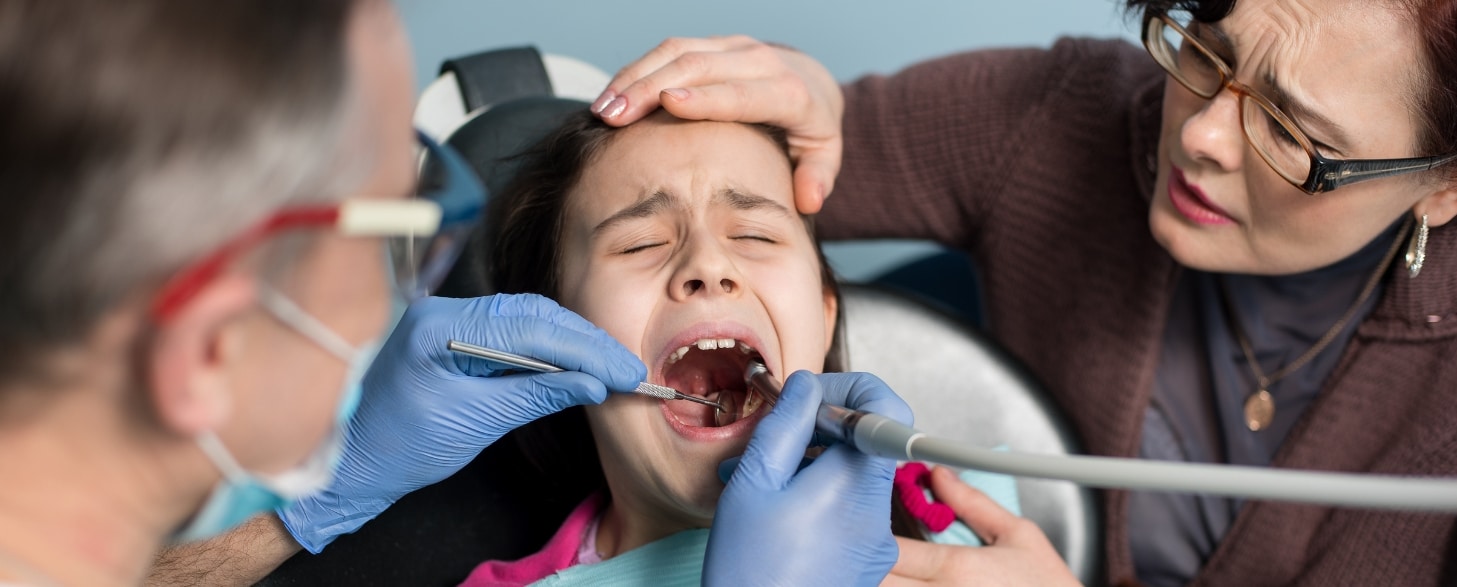How can you eliminate tartar and plaque from your teeth without visiting a dentist?
San Antonio, TX

Tartar, also known as dental calculus, forms on teeth when plaque is allowed to build up and undergo calcification. Apart from its unsightly appearance, tartar poses a significant risk of causing lasting damage to teeth and gums.
Regular check-ups with your dentist are highly effective in preventing and removing plaque and tartar. However, if you’re looking to address tartar at home without a dental visit, this article provides insights on how to achieve that.
What is Plaque and What Causes It?
Plaque is a bacterial film that develops on teeth and gums, serving as the primary contributor to gum disease. Additionally, plaque is a precursor to tooth decay.
Tooth decay occurs when plaque generates acids that erode tooth enamel. As enamel diminishes, the underlying layer, known as dentin, becomes susceptible to harm, potentially resulting in the formation of cavities.
The onset of gum disease initiates with the accumulation of plaque, triggering inflammation in the gums. Without proper treatment, this inflammation can progress, causing damage to the surrounding tissues and bone that provide support to your teeth. Ultimately, untreated gum disease may lead to tooth loss.
Natural Ways to Prevent Plaque Buildup On Your Dentures :
Numerous natural methods exist for removing plaque buildup, a precursor to tartar formation, and most of these involve utilizing common household items. However, it’s important to note that while these natural remedies can benefit your teeth, they may not have the most pleasant taste.
White Vinegar and Water:
Despite its strong taste, white vinegar possesses antibacterial properties that can help prevent plaque and tartar. Add two teaspoons of white vinegar and half a teaspoon of salt to a small glass of water to create a solution. Stir the mixture and use it to rinse your mouth up to two times a day.
Baking Soda:
Baking soda is known for enhancing the whiteness of teeth and neutralizing cavity-causing acid. Some toothpaste formulations include baking soda as a gentle abrasive for plaque removal. Make a paste by stirring a few drops of water with half a teaspoon of baking soda. Apply this paste to your teeth using your toothbrush, gently brushing for one minute, and then rinse well with water.
Aloe Vera:
Aloe vera, a small shrub with various health benefits, is particularly beneficial for dental care. Create a mixture by combining a teaspoon of aloe vera gel with four teaspoons of glycerine (commonly found in toothpaste), five tablespoons of baking soda, a drop of lemon essential oil, and a cup of water. Use this mixture to clean your teeth, gradually aiding in the removal of plaque and tartar.
It’s worth emphasizing that while these natural remedies contribute to oral health, their taste may not be enjoyable. Nevertheless, incorporating them into your oral care routine can provide additional support in preventing plaque buildup and maintaining healthy teeth.
5 Steps to cleaning your teeth like a dental hygienist!
A dental hygienist cleaning tartar from a patient’s teeth
Maintaining optimal oral health involves daily care and regular dental check-ups. If seeing a dentist is not possible, or you wish to uphold your dental well-being between appointments, the following tips will leave your teeth feeling exceptionally clean.
1. Thoroughly Clean Your Teeth with an Electric Toothbrush
Opt for an electric toothbrush with a small circular brush to efficiently clean each tooth individually and reach the spaces in between. A 2015 study suggests that power toothbrushes, especially those with counter-rotational and oscillating–rotating brushes, can effectively reduce gingival bleeding or inflammation.
2. Use Fluoride Toothpaste
Choose a fluoride toothpaste to prevent tooth decay by strengthening enamel against acid. Fluoride is a proven mineral that controls dental cavities. Toothpaste should contain 1,350-1,500ppm fluoride for adults and children over three. For children, use age-appropriate toothpaste to ensure the right fluoride levels. If uncertain, consult a dentist for guidance on the most suitable toothpaste for your family.
3. Brush Your Teeth for at Least Two Minutes (Ideally Three!)
While the advice of brushing for two minutes is well-known, many people only brush for 45 seconds. Brushing time significantly affects plaque removal; according to a study, three minutes of brushing removed 55% more plaque than 30 seconds.
4. Use Dental Floss and Interdental Brushes Regularly
Combining flossing with toothbrushing proves more effective in reducing mild gum disease than toothbrushing alone. Flossing helps clean hard-to-reach places, and interdental brushes, resembling tiny mascara brushes, further enhance cleaning between teeth and gums.
5. Use Antibacterial Mouthwash Regularly
Antibacterial mouthwash offers various benefits, including freshening breath, reducing plaque buildup, loosening stubborn food particles, and lowering the risk of cavities. To preserve fluoride, use mouthwash separate from brushing, perhaps after a snack or lunch.
Following these five steps ensures your teeth remain exceptionally clean and healthy between dental check-ups.
It’s crucial to emphasize that certain tartar removal products, like tartar scrapers, are best avoided at home. Dentists undergo extensive training to use dental equipment safely, and attempting to use such tools independently could lead to issues such as infection or mouth injuries.
By following these five straightforward steps, you now possess all the vital information to bid farewell to plaques on your own and ensure they maintain their optimal appearance. It’s crucial to keep in mind that consistent cleaning plays a pivotal role in sustaining the health of your dentures. Therefore, make it a habit to brush at least twice a day and incorporate an antibacterial mouthwash into your routine once or twice a week. If you need guidance on denture care, do not hesitate to seek advice from your San Antonio dentist. Their expertise can prove invaluable in preserving the longevity and cleanliness of your dentures.
FAQs:
Q: How do I eliminate plaque from my dentures?
A: To eliminate plaque from your dentures, gently brush them using a soft-bristled toothbrush and mild soap. Another effective method is soaking your dentures in a solution of white vinegar and water.
Q: How frequently should I clean my dentures?
A: It is recommended to clean your dentures at least once daily, preferably after each meal. Ensure thorough brushing of all surfaces, including any grooves or ridges on the denture.
Q: What measures can I take to prevent plaque buildup on my dentures?
A: There are several preventive measures to avoid plaque buildup on your dentures, such as regular brushing of both your natural teeth and dentures, using a tongue scraper, abstaining from sugary foods and drinks, and quitting smoking.






